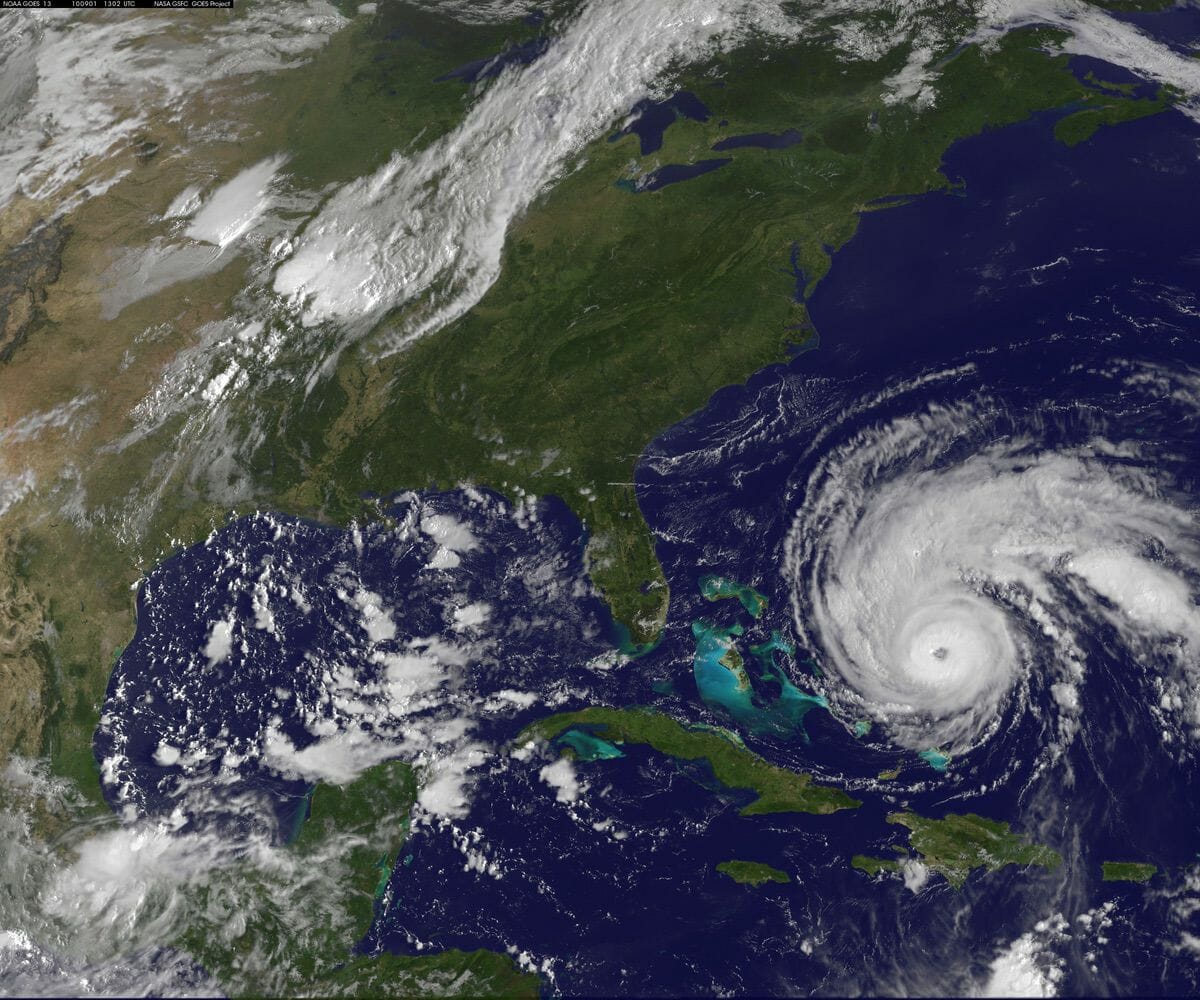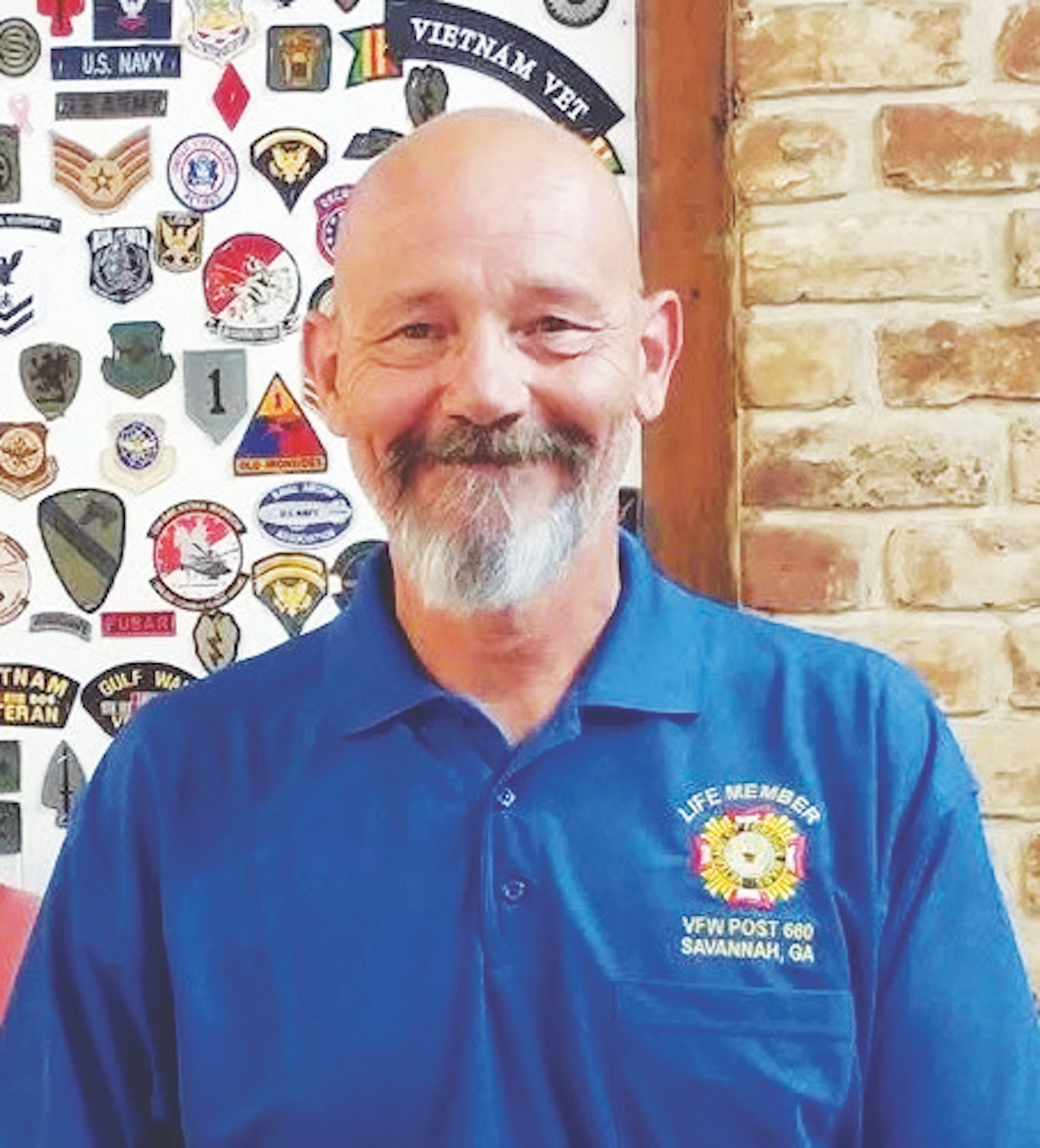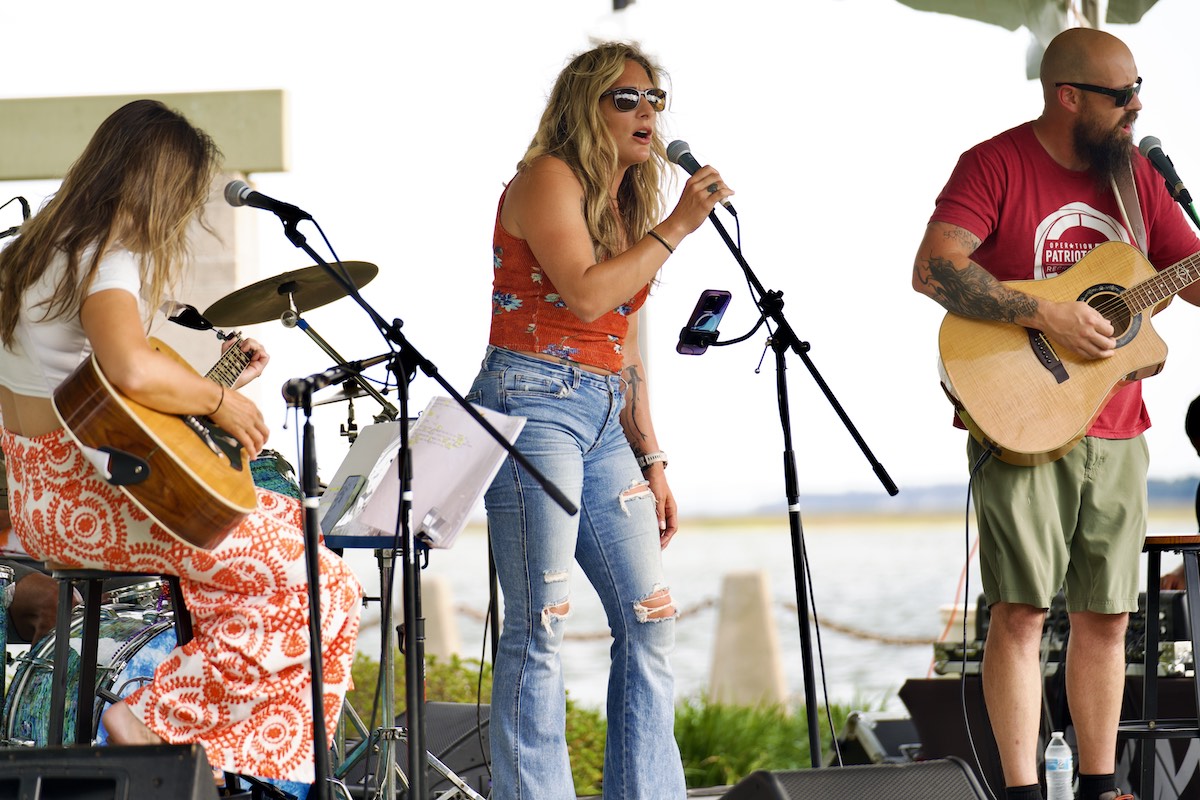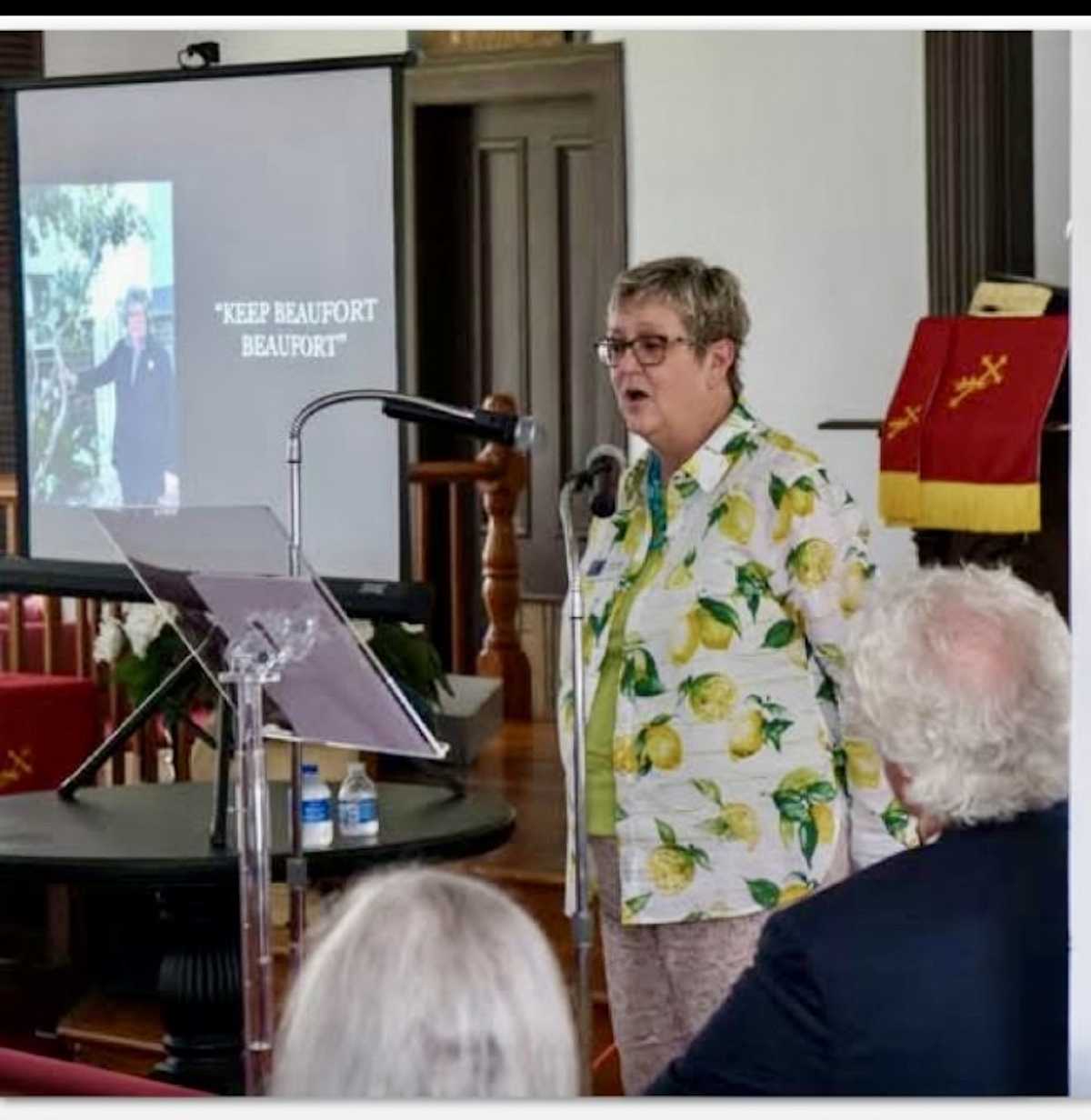Based on community input gathered over the past three years, the United Way of the Lowcountry is consolidating its efforts around the two critical program areas of education and basic needs, while still funding the most effective programs in health and financial stability, by employing a new Community Impact Plan.
For well over 50 years, the United Way of the Lowcountry’s approach has been to invest in programs and agencies that work directly with individuals and families. Research shows that while investment in program interventions does create positive change in the lives of those target individuals, it does not sufficiently tackle the root causes of complex social problems.
Beginning in April 2017, a majority of United Way funding will be directed at programs, initiatives and collaborations that can create greater measureable impact in the two priority areas of education and basic needs.
“We believe that by implementing a new model of funding, we can focus on common outcomes and better address the root causes of the educational and basic needs challenges in our community,” said United Way of the Lowcountry President and CEO Tina Gentry. “This Community Impact Plan, which many other United Way organizations across the country have now employed, moves the United Way into the unique role of being an active participant in making change happen.”
In early 2012, as the United Way Board of Directors began its strategic planning process, United Way staff began the research, learning and development that frame this new Community Impact Plan. Volunteers from the Community Investment Committee also contributed countless hours of work dedicated to studying this model in other United Way organizations and understanding how it would affect current United Way agencies and the community at-large.
In 2017, as part of the new process, all agencies and associated programs applying for funding will start with a zero-allotment and funding for programs will be based on alignment with the goals outlined in the Community Impact Plan. Historic funding levels will not be considered and a new, uniform process for identifying and explaining program outcomes will become central to the application and funding process.
From the 2017-2018 funding cycle, some agencies may receive an increase in their funding, while others will have a chance to enhance their programs and better focus on desired common outcomes. Since full implementation of the new model will not begin until 2017, the interim two-year time period allows agencies to fully prepare for the new process as United Way of the Lowcountry will begin announcing program funding levels at the end of a successful fundraising campaign in 2020.
Full implementation of the Community Impact Model is expected to improve thousands of lives in the Lowcountry by creating lasting, measurable change. A key component of the Community Impact Plan is the use of data to measure the progress of participants and applicants and their collective impact on the community. Partner agencies will remain at current funding levels for two years before any changes take effect.
“This is an opportunity for our partner agencies to be rewarded for the outcomes of the good work they do,” said United Way Board Chairman Mark O’Neil. “By not instituting this process until 2017, we are working to minimize the impact on our agencies and their budgeting while maximizing the positive future impact for our community.”
The United Way of the Lowcountry currently funds 48 programs run by 34 partner agencies, in addition to its own initiatives such as the Helpline and the Early Grade Reading Program, both of which were started with the aim of addressing needs not currently met by other agencies or programs.
“More effectively tackling complex social problems at the system and community level demands new approaches that are more collaborative and work across multiple sectors,” said Gentry. “We owe it to our donors and supporters to be responsible with their investment, and this new model will make systemic change possible for the community under United Way’s leadership.”







